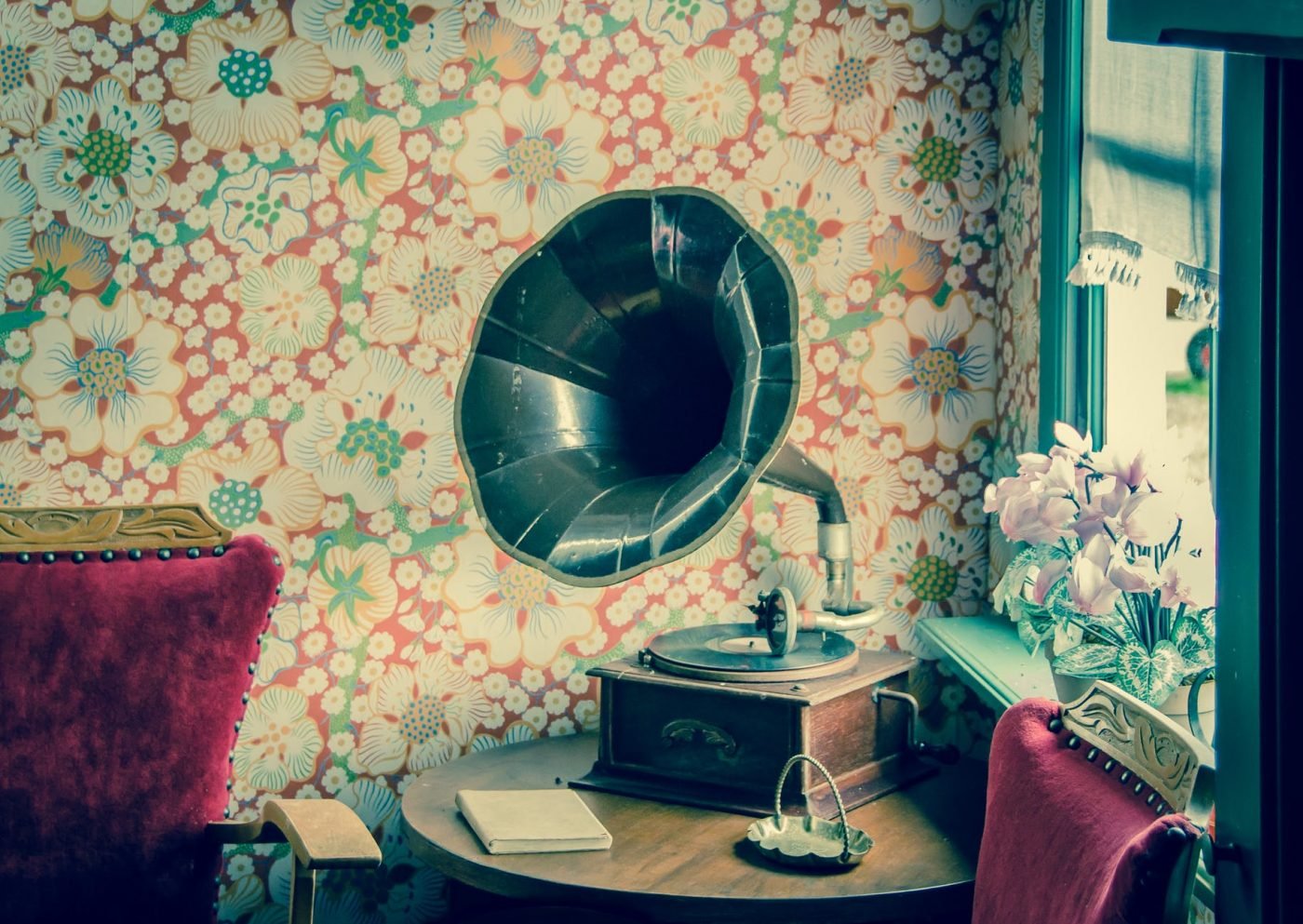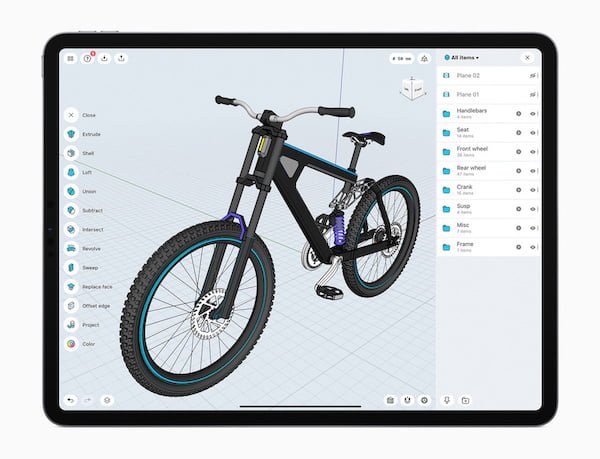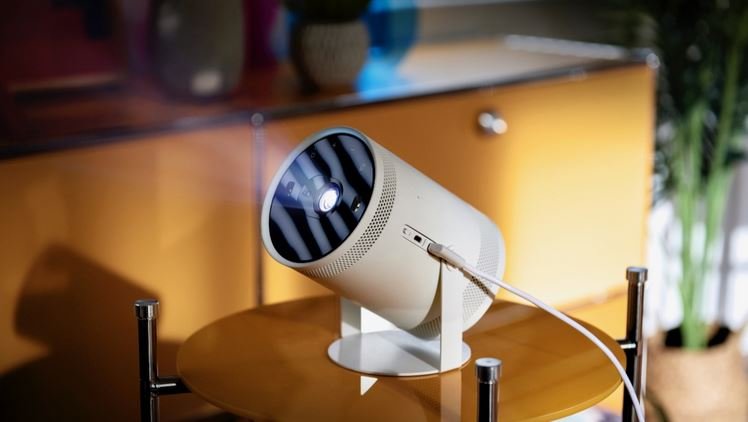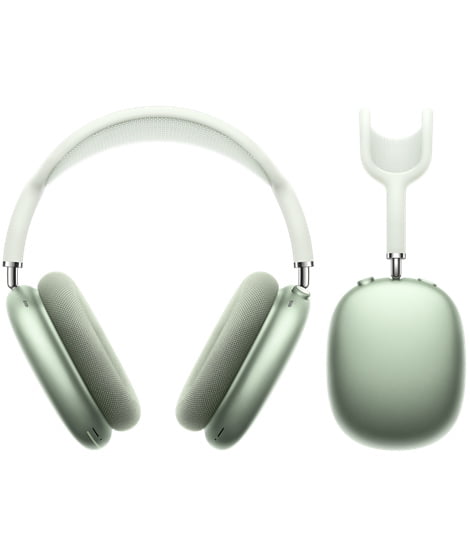This year the tech and design world showcased an emphasis on 360 degree audio, VR, 5G and an elevated era of working remotely.
There was a big focus on rebuilding home audio and tech systems to adjust to working from home, but also for at home entertainment purposes – with ‘home theatre’a top searched term on Google in Australia during early July.
Some of the top international audio brands are predicting the trends we’ll see in the audio and tech space for 2022.

Retro rivals Modernism
Already trending across fashion, design and tech at the back end of 2021 – retro is in. Romy Roug,
Global Marketing Manager for global leader in handcrafted loudspeakers, Dynaudio, predicts that in
2022 we will see the continued resurgence of retro, vintage and Y2K audio designs too. This has
been increasingly evident year on year, with consumers gravitating towards brand designs typical of
early 2000’s tech.
The recent comeback of wired headphones (as an accessory or for intended use) is likely to spill over
into 2022. Could the ‘retro’ trend possibly be due to the wave of nostalgia that the pandemic has
brought to consumers?

Sustainable Tech Boom
Romy Roug of Dynaudio also reveals that the industry has put a greater focus into how sustainable
the entire supply chain is regarding the creation of tech products. “Cradle-to-cradle” is a buzzword
that has been increasingly used in relation to the sustainability of materials and processes being
used when creating new products. While it’s been a recurring theme in most industries in the past
few years, it’s predicted the tech industry will see a big leap in this journey in 2022.

Design Meets Consumer Tech
Popular design elements from 2021 are set to carry over into tech in 2022. Warm neutrals and
earthy tones (such as shades of green and yellow) have been the most popular for elements of
design, so it’s likely we’ll see these filter into the consumer tech market.
Nick Renshaw, PR Manager for multi-award winning UK hi-fi brand, Q Acoustics, is predicting top
tech brands to be inspired by another design element in the creation of products: Reductionism.
This is becoming a popular element of design that involves creating a minimalistic look by reducing
the number of factors that go into a design.
Consumers are also attracted to lux looking materials used for creating products. Designers are
shifting to build an experience for the consumer that uses the product, and lux materials give this
feel. Tech is no different, ensuring the consumer is drawn to the products to match the aesthetic of
their home.

Return to a Portable World
The past two years have brought a lot of adjustments to ‘normal’ life, two of those being a switch to
spending more time indoors and working from home. This also challenged the way in which we use
audio products. Consumers have been upgrading work, entertainment, and audio systems to adjust
to the impacts of lockdown. As we return to ‘normal living’ and begin to move around more, we will
likely see the demand shift back to more portable products.

Quality above All
Clare Newsome, Head of PR for British audio leader, Naim, predicts an increasing desire for quality,
including a return to true hi-fi in the home. Convenience remains key, but with a greater
appreciation for superb performance and built-to-last design. An investment in authentic musical
experiences for years to come, rather than ‘throwaway’ products are on the rise.
On a related note, Nick Renshaw of Q Acoustics also foresees high resolution audio streaming
continuing to rise in popularity as consumers move to 4K TV’s, 5G networks, and invest into home
theatre set ups. TV sound enhancement is moving to Active/Powered products as an upgrade to
sound bars, for consumers who want to combine great stereo sound imaging for music with
immersive sound for movies







